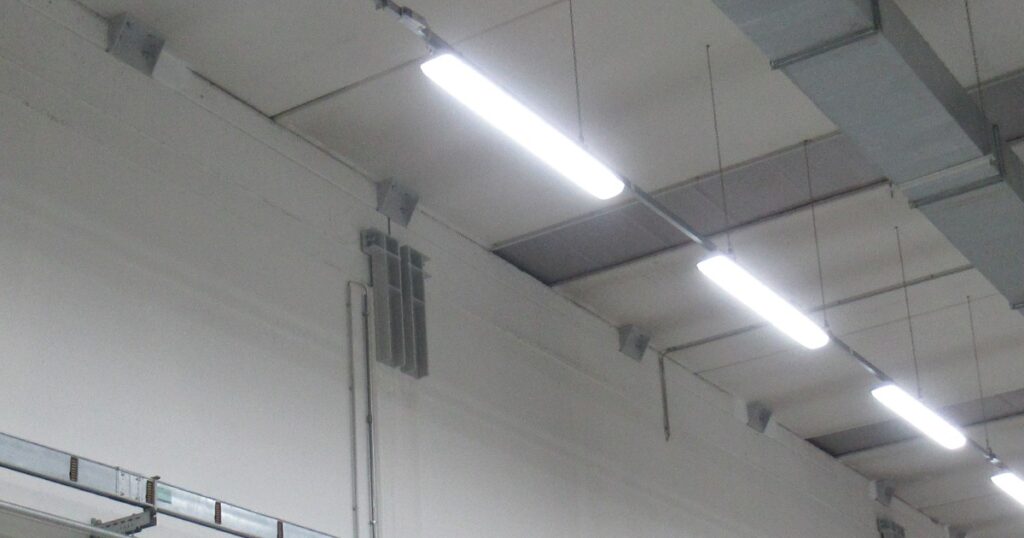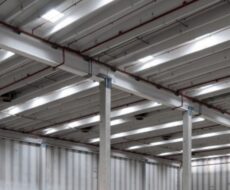
February 17, 2023
Rental warehouses and seismic improvement, who decides?
In general, when it comes to the anti-seismic improvement of rented warehouses, there are often concerns by the employer as to who might be responsible for performing any work on the rented structure.

Legal considerations for interventions on rented warehouses
A ruling by the Supreme Court of Cassation states that: in the event of a company lease, the tenant (or lessee), where assuming the status of employer, is liable for any inadequacies in the workplace.
Assuming that the tenant takes over, due to a company rental contract, management of the premises in which the latter performs work in the capacity of employer, the Court of Cassation has stated that “the circumstance where, ex contractu, possession of the premises is transferred de facto and de jure in the State in which the premises are located does not preclude the assumption of preventive obligations by the legal representative of the lessee company. Therefore, in the event of failure to ensure that the workplaces comply with the requirements of Article 63 paragraphs 1, 2 and 3, the manager of the premises, as the employer, becomes liable pursuant to Art. 63 and 64 of Legislative Decree 81/2008, unless it can be demonstrated that, due to the behaviour of the lessor, the execution of the retrofitting interventions was made impossible.”
From the last sentence it can be deduced that an approval from the owner is necessary to intervene on the rented warehouse. However, in any case, since the employer may be liable at a criminal level and as a tenant, said lessee/employer must have proposed that the lessor intervene on the building and, in the event of refusal by the owner, the lessee must be protected to this effect in some manner, whether by contract or written and signed statements.
According to Legislative Decree 81/2008 the employer must guarantee the soundness of the workplace even in relation to a potential seismic event. The certificate of occupancy (testing, usability, etc.) does not represent a sufficient standard of safety.
In practice, in the event of a collapse of the warehouse, the employer is criminally liable for any failure to reach the degree of seismic safety dictated by law, whether the warehouse is rented or owned.
Furthermore, the Court of Cassation also states that: “the employer is required to know the obligations deriving from Legislative Decree 81/2008 and its Annexes and to comply with the relevant requirements, thus said employer cannot, therefore, invoke ignorance on these rules. A legal error, in fact, is never excusable in cases of violation of legal information obligations.”
In any case, if it becomes necessary to implement a seismic improvement intervention, it will be possible to access the Sismabonus tax deduction, 31/12/2024, to reduce up to 75% of the intervention and design costs.






